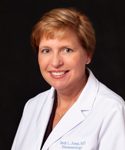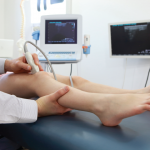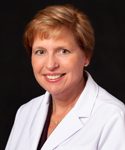At the Johns Hopkins School of Medicine Division of Rheumatology, Baltimore, registered nurses (RNs) are an integral aspect of the rheumatology fellowship program. This gives the fellows information and insight into areas of practice they might not otherwise receive. “This [practice] is a result of our very strong belief that an integrated and interdisciplinary approach,…









